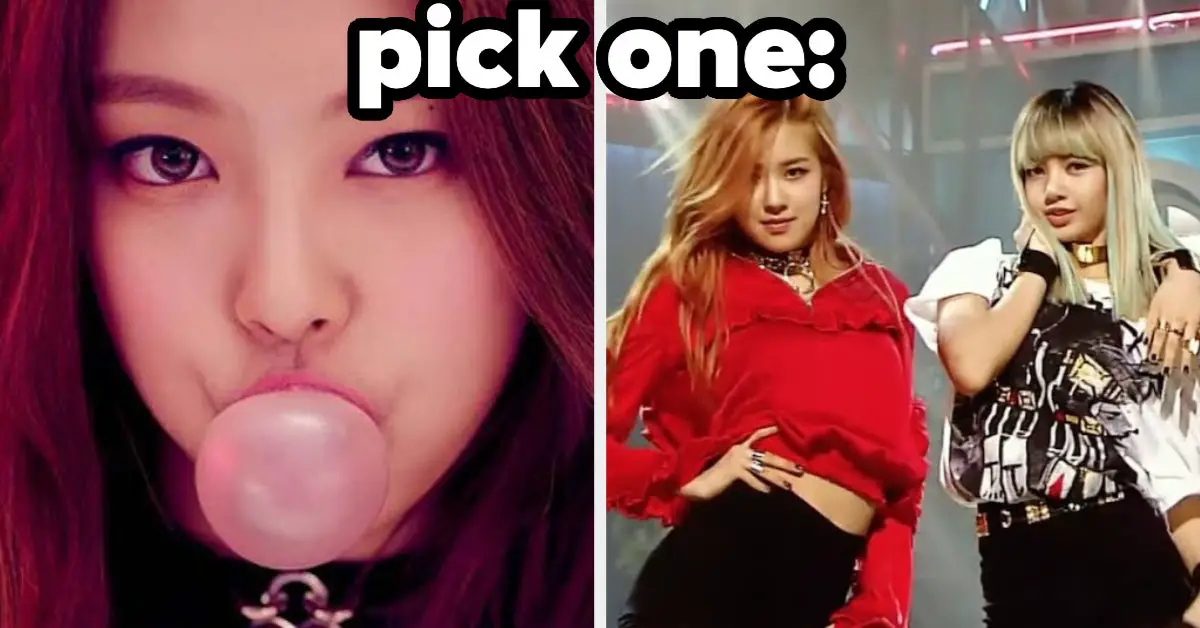from the trust-through-vouching dept
At this moment, Bluesky has caught lightning in a bottle. It’s already an exciting platform that’s fun and allows vulnerable communities to exist. This sense of safety has allowed folks to cut loose, and people are calling it a “throwback to an earlier internet era.” I think that’s right, and in some respects that retro design is what is driving its success. In fact, one aspect of its design was used pretty extensively to protect some of the internet’s early underground communities.
As an Old, I realize I need to tell a story from the internet of yore to give context. Before streaming, there was rampant downloading of unlicensed music. This was roughly divided into two camps: those that just didn’t want to pay for music, and those that wanted to discover independent music. I’d argue the first camp were not true music fans since they just refused to pay artists. The other camp was more likely to have run out of discretionary income because of their love for artists. Music discovery was simply not something that could be done on the cheap before streaming because you only had radio, MTV (for a bit), and friends’ collections to hear new music. My strategy was to find a cool record shop and ask what they were listening to. I’d also vibe-check the album art and take a chance (something I still do). Even then it wasn’t enough, and I wasted a lot of money. Enter OiNK.
OiNK filled a unique niche in internet culture around music fandom. It would expressly discourage (and sometimes ban) popular artists. It also encouraged community discovery and discussion. At any given moment you could grab something from the top 10 list and know it was the coolest of the cool in independent music (even though you’ve probably never heard of the band). It was probably where hipsters started to get annoying. We were like Navi from Legend of Zelda to our friends: “Hey, Listen!” Trent Reznor called it “the world’s greatest record store.”
OiNK also had a problem. Even though many independant and upcoming artists liked – and even profited from – the discovery these sites and forums enabled, it was still something the industry as a whole was bringing the hammer down on. OiNK’s solution to this problem was to be invite only. Not only was it invite only, if you invited someone that was trash you would be punished for it. Invites were earned by participating in the community in positive ways, and your standing was lowered if your invitee was not great. A leach if you will. This somehow just worked.
The invite system was brutal, but it created a sense of community and community policing that made the place great. Importantly, these community standards existed with anonymity – something many try to argue is not possible. The person who gave me an invite had me promise I would read the rules and follow them, and they would check in on me. By being a bad user I wouldn’t just let myself down, I would let them down.
Bluesky, intentional or not, uses its invite system in a similar way. Currently invites are scarce and public. That’s created a huge incentive to only invite people that will make Bluesky more enjoyable. It also increases the stakes when someone crosses the line. When things go wrong, I’ve seen those that have invited the people responsible want to be part of the solution. I’ve also seen people who crossed the line want to rejoin and agree to norms for the sake of a positive Bluesky community. People seem to have a real stake in making Bluesky the good place. As someone who used to manage a small online community, I cannot express how cool that is if it continues at scale.
That isn’t to say this system is without flaws. There has always been a problem in every community about what to do with righteous anger. I’ll refer to this as the Nazi-punching problem. Punching Nazis might be a social good generally, but specifically it’s never that simple. There really is no way to sort the righteous from the cruel, especially at scale, and real people are rarely cartoonishly evil. But there is still an inclination in communities of a certain size to engage in what is perceived as justifiable conflict, which can escalate quite rapidly. That creates a moderation problem compounded by the sophistication of trolls in working the refs and compounded again by the consequences of any actions echoing up invite chains. When the repercussions of conflicts are felt by both sides, it’s often the marginalized communities that feel it greater. Edgelords targeting individuals while hiding behind decorum is something they try to do on every platform ever.
Fortunately, this problem might be solved by another feature of Bluesky. While the invite system encourages people to build communities with a stake in the project, the AT Protocol allows users to build the moderation tools they need to then protect their own communities. Unfortunately, these tools aren’t online yet and we don’t know how they will work. I think we will soon see things like ban lists that people could subscribe to that cuts out toxicity root and branch. That would be so much easier than #blocktheblue, which is very much a pain in practice. Beyond that there will probably be custom algorithms that are weighted towards certain communities and content that people can switch between.
There is a part of me that is slightly uncomfortable at the power some of these tool providers will have. It will probably lead to fragmentation of Bluesky into more distinct communities that can, at their option, venture out into more troubled waters. But at the same time, there was something good about the days when communities were small enough that people could grow inside them. Maybe we shouldn’t be forced to interact with people that specifically want to annoy us. Maybe having a stake in the community you are in, at a size you can appreciate, is good actually. And having a choice in algorithms is infinitely better than being forced to read what people who pay $8 have to say.
Matthew Lane is a Senior Director at InSight Public Affairs.
Filed Under: content moderation, invite tree, invites, trust, vouching
Companies: bluesky, oink
Source link










Leave a Reply